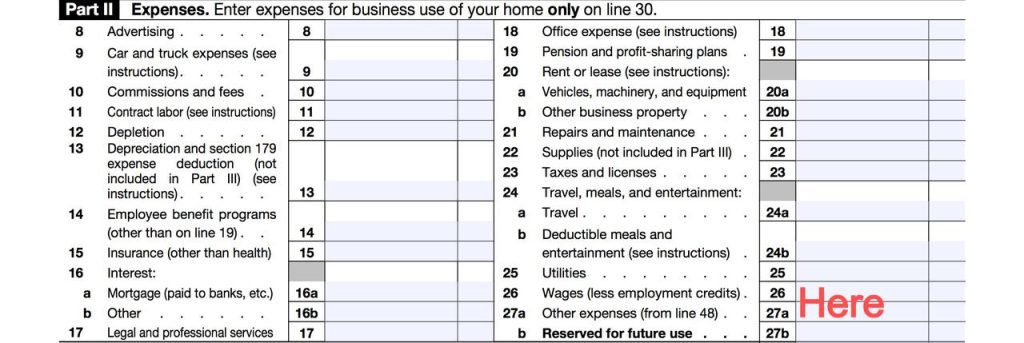Q: Tom asks via Facebook, “Dear Derek, now that my spouse has passed away, I suddenly find myself in the highest federal income and capital gain tax brackets? Could a mix of Oil and Gas Investments be an option to reduce my taxes?”
A: Tom, I must commend you on thinking about all of your options. This may be a possibility for you; however, be sure to consult a qualified tax advisor to ensure this
option is best for you. Secondly, be sure to incorporate a skilled fiduciary advisor who has access to such investment options. I am sorry this bump in tax brackets took you by surprise. I always proactively advise individuals to begin what I call “income smoothing” planning for the future passing of one of the spouses, so that they can avoid this pitfall of being au unprepared wealthy single-filer late in life.
You are correct that when the Net Investment Income Tax (NIIT) is taken into account, income tax rates could be as high as 40.8% on ordinary income and short-term capital gains and as high as 23.8% on long term capital gains. This makes smoothing income to avoid the high tax brackets extremely important. In general, there are two ways to avoid having taxable income in a higher tax bracket. One is by taking income from an unusually high-income tax year and spreading it over several tax years. Two of the key strategies for doing this are charitable remainder trusts and installment sales. The other is by creating large deductions or credits in the high-income year. Perhaps the best way to create a large deduction in a tax year is with oil and gas investments.
The Benefits of Intangible Drilling Costs
Congress created important tax incentives to encourage domestic oil and gas production. Investors can deduct 100 percent of their share of intangible drilling costs (IDCs) in the year they are incurred. IDCs are those expenses that have no salvage value even if the well later turns out to be dry. They include expenses for labor, drilling rig time, drilling fluids, removing the oil rig, plugging the well if it is dry, and surface and crop damage to landowners. IDCs typically produce deductions equal to 65 to 85 percent of the total investment. Thus, a $100,000 investment could produce an immediate deduction of $65,000 to $85,000. Investors ordinarily pay these amounts before drilling begins, but the costs are deductible in the current year provided that drilling begins by March of the following year. Moreover, the deduction is available regardless of whether the well strikes oil.
Under the special rule of IRC § 469(c)(3), a working interest in an oil or gas well is not a passive activity, regardless of the taxpayer’s participation in the activity, unless the taxpayer holds the interest through an entity that limits the taxpayer’s liability. For this purpose, liability is limited if the taxpayer holds a limited partnership interest, stock in a corporation, or an interest in an entity that, under applicable state law, limits the potential liability of a holder of such interest to a determinable fixed amount. If a taxpayer has both limited and general partner interests in an oil and gas partnership, the total interest is treated as non-passive. The deduction can be used to offset active income from wages, interest, business profits, or capital gains. This can produce large tax savings as the following example illustrates.
Example 1. Carl is a single taxpayer who expects taxable income of $100,000 – all ordinary income – in 2020 absent selling any assets. However, consider that he sells X Corporation stock, with a basis of $100,000, for $500,000, recognizing a long-term capital gain of $400,000. The first $100,000 of gain is taxed at 15%, the next $241,450 of gain is taxed at 18.8%, and the remaining $58,550 of gain is taxed at 23.8%, as shown in the following chart:
Capital Gain Tax Tax Payable
First $100,000 of gain 15% $15,000
Next $241,450 of gain 18.8% $45,393
Last $58,550 of gain 23.8% $13,935
Now suppose Carl re-invests the proceeds from the sale, about $375,000 say, in an oil and gas partnership that produces $50,000 of income each year from 2021- 2025. However, this investment also produces a tax deduction of $300,000 in 2020, assuming 80% of the investment is deductible intangible drilling costs (.8 x $375,000).
This deduction would first eliminate all of Carl’s $100,000 of ordinary taxable income taxed at 22%, 12%, and 10%. Then it would begin to reduce capital gains. On net, Carl would go from having $100,000 of ordinary income and $400,000 of capital gain to merely $200,000 of capital gain subject to taxation. $40,000 of this capital gain would be subject to a 0% rate and $160,000 would be subject to a 15% rate for a total tax bill of just $24,000.

Additional Tax Benefits Oil and gas investments produce the following additional benefits.
Tangible Drilling Costs. These represent the direct cost of drilling the well and 100 percent can be written off over a seven-year period (IRC § 263).
Alternative Minimum Tax (AMT). Prior to 1992, IDCs from working interests in oil and gas were subject to the AMT. However, the 1992 Act specifically excluded IDCs as a tax preference item.
Depletion Deduction. After a well starts producing, the investors can shelter some of the gross income from the sale of oil or gas with a depletion deduction. There are two kinds of depletion allowances—cost depletion and percentage depletion. Cost depletion is based on current production as a percentage of total recoverable reserves. Percentage depletion generally shelters 15% of a well’s annual production from income tax. Assuming a 15% depletion deduction, the following chart shows the effective tax rate after the depletion deduction for each of the income tax brackets:
Marginal Tax Rate Effective Tax Rate 1
10.0% 8.50%
12.0% 10.20%
22.0% 18.70%
24.0% 20.40%
35.0% 29.75%
37.0% 31.45%
So, Tom, yes. Oil and Gas investments can be right for some investors. It is always important to work with competent tax advisors and financial advisors before making any investments. I hope this has been helpful.









